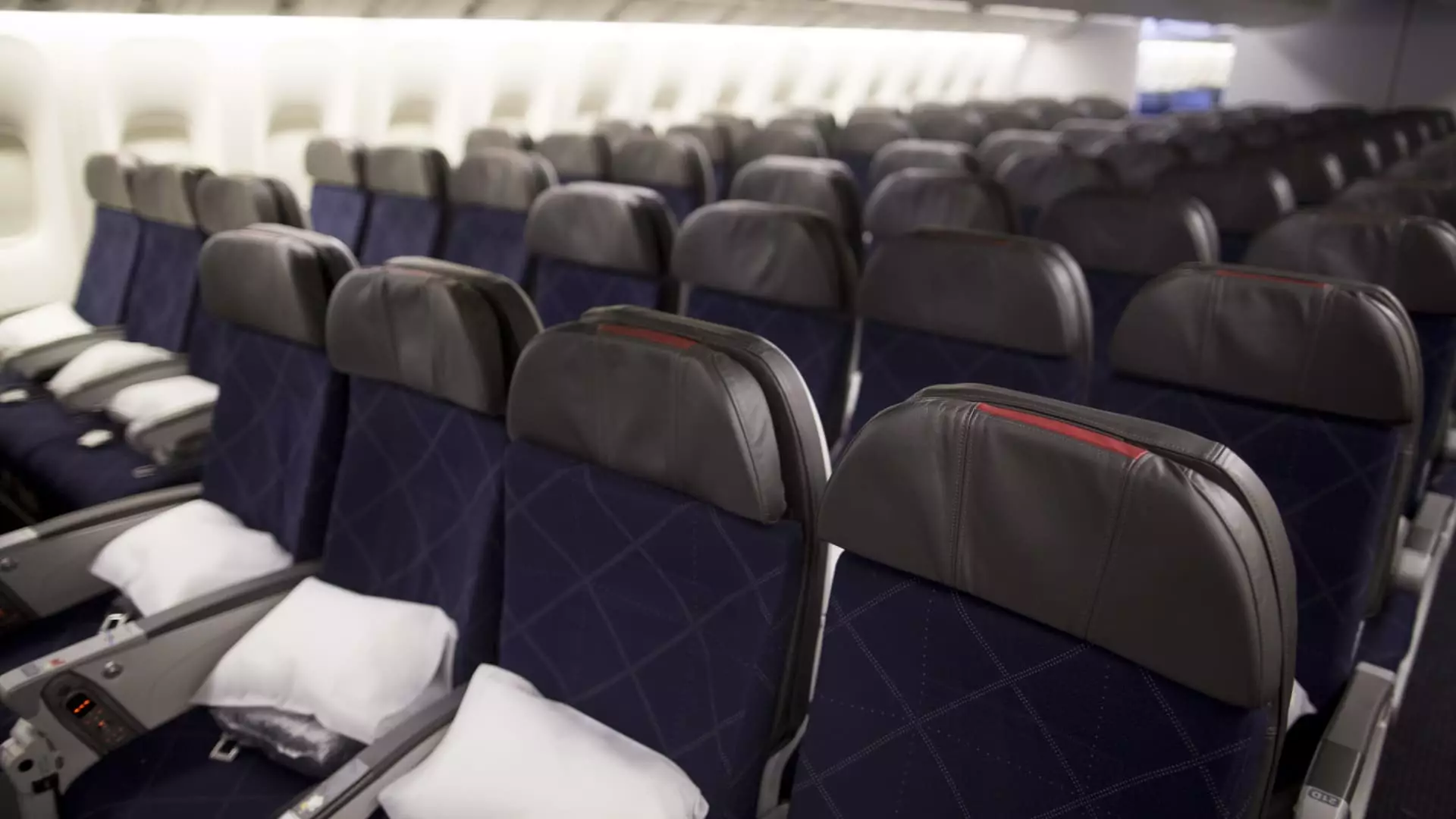The airline industry finds itself in a heated discussion as executives prepare to defend their controversial seating fees before a Senate panel. These fees, often referred to as “junk” by critics, have generated approximately $12.4 billion for major U.S. airlines between 2018 and 2023. This considerable revenue surge raises questions about fairness and transparency in pricing practices within the aviation sector.
The Senate Permanent Subcommittee on Investigations recently released a report highlighting that significant portions of these charges stem from the selection of seats that offer extra comfort or convenience, such as those with additional legroom or in preferred locations closer to the cabin’s front. Critics argue that such fees seem exploitative, particularly as they have replaced many services that were once included in the ticket price. In a defense of their pricing structure, Stephen Johnson, the Chief Strategy Officer for American Airlines, emphasized that these seat selection charges are optional. This assertion raises the question: are customers adequately informed about these additional costs when purchasing their tickets?
The Biden administration has expressed an intention to tackle these deceptive pricing practices, targeting the airline sector as part of broader reforms aimed at curbing hidden fees across various industries. Lawmakers point to the necessity for enhanced consumer protection measures that encourage transparency in airline pricing. As concerns mount, the onus now lies with the airline executives to clarify their pricing strategy and reinforce their arguments that different ticket classes and optional services are clearly communicated to customers throughout the booking process.
An interesting dynamic in the airline market is the rise of low-cost carriers like Spirit and Frontier, who were the pioneers of the fee-based model. This strategy has reshaped airline pricing and services across the industry. These carriers have forced traditional airlines to adapt by introducing basic economy fare classes that often incorporate similar fee structures. However, recent developments have influenced Spirit’s market position, notably their Chapter 11 bankruptcy filing, catalyzed by numerous challenges, including fierce competition. This underpins an important insight into how evolving consumer preferences and market conditions could affect the industry’s future landscape.
As the Senate hearing unfolds, it presents a pivotal moment for airlines to revisit their strategies regarding add-on fees. The potential for regulatory changes could compel the industry to adopt more transparent and consumer-friendly practices. Airlines have the opportunity to bolster their reputations by proactively addressing consumer concerns regarding fee structures and ensuring that all pricing information is accessible and comprehensible to travelers.
As this high-profile discussion continues, the outcome could significantly influence how airlines structure their pricing strategies and what consumers can expect in the future. A transition towards better accountability and affordability might well benefit not only the public but the industry as a whole, promoting a healthier market ecosystem.

